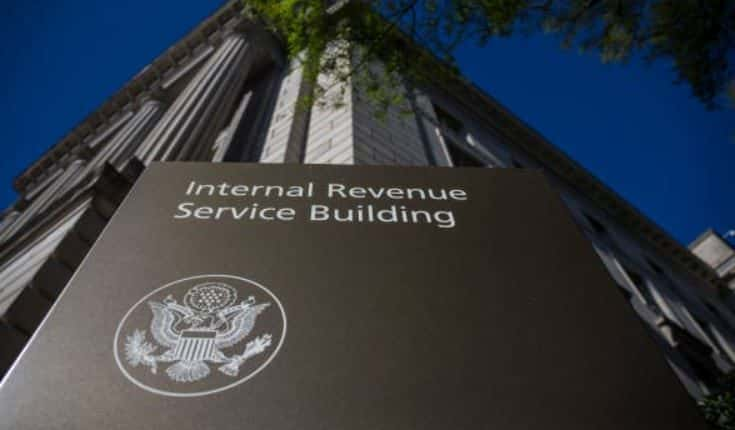
As W-2 forms begin to make their way to mailboxes in January, Massachusetts taxpayers are facing both anticipation and skepticism with the upcoming introduction of the Internal Revenue Service’s (IRS) Direct File service in 2024.
Intended as a free tax filing option for eligible individuals with relatively simple returns, the initiative has sparked debates regarding its necessity, potential cost implications, and the government’s role in providing such services.
IRS’s Ambitious Tax Filing Initiative
Direct File emerges as part of the IRS’s commitment to improving taxpayer service and updating its computer systems, supported by the Inflation Reduction Act of 2022, which allocated about $78 billion for these purposes.
This interview-based, mobile-friendly service is set to roll out in 13 states in 2024, catering to eligible taxpayers with uncomplicated returns, including limitations based on income type, tax credits, and deductions.
Available in both English and Spanish, Direct File aims to provide a user-friendly experience across various devices, from smartphones to desktop computers.
Despite its noble intentions, Direct File has faced criticism, with some arguing that the IRS should address existing shortcomings before introducing new services.
Tania Mercado, senior communications manager at Intuit, a global financial technology company, voiced concerns that the free service could end up costing taxpayers billions and described it as a “thinly veiled scheme.”
Intuit, which offers its TurboTax software for simple tax returns, contends that additional free tax preparation services are unnecessary.
Senator Elizabeth Warren, however, sees Direct File as a crucial step toward creating a free and accessible way for millions of Americans to file their taxes online. She argues that giant tax preparation companies have opposed Direct File, contributing to the complexity and cost of tax filing.
The IRS’s move towards electronic filing is not only intended to improve efficiency but also to reduce costs. Electronic filing is significantly cheaper than processing paper forms, with a fee of 28 cents compared to $7.33 for paper forms. The IRS expects Direct File to save money in processing tax returns.
However, concerns have been raised about the IRS’s ability to be an advocate for individuals seeking their highest refunds.
Questions linger about the IRS’s capacity to simultaneously serve as a collector, auditor, and servicer, especially considering past criticisms of systemic inequities and disparities in audit rates, particularly affecting low-income and Black taxpayers.
Read more: Your Early Retirement Playbook: 5 Steps To Financial Liberation
IRS Tax Filing Faces Criticism

Commissioner Daniel Werfel acknowledged the challenges associated with Direct File, including building complex software, adapting to changes in the tax code, and ensuring the security of taxpayer information. Critics argue that the tax code’s complexity is ultimately a congressional issue.
As Direct File embarks on a pilot program involving several hundred thousand taxpayers, questions about the program’s independence, evaluation process, and potential impact on taxpayer rights persist.
The broader debate surrounding the government’s role in providing free tax return services will likely continue as Direct File becomes operational.
The introduction of Direct File by the IRS marks a significant step toward providing free tax filing services for eligible individuals.
While the initiative aims to streamline the tax filing process and reduce costs, it has ignited debates about its necessity, potential drawbacks, and the government’s role in such services.
As Direct File undergoes a pilot program, its success and impact will be closely monitored, shaping the future discourse on tax filing accessibility and the IRS’s evolving role in serving American taxpayers.
Read more: No More Medical Debt Drag: New York Pioneers Removal Of Medical Debt From Credit Reports

